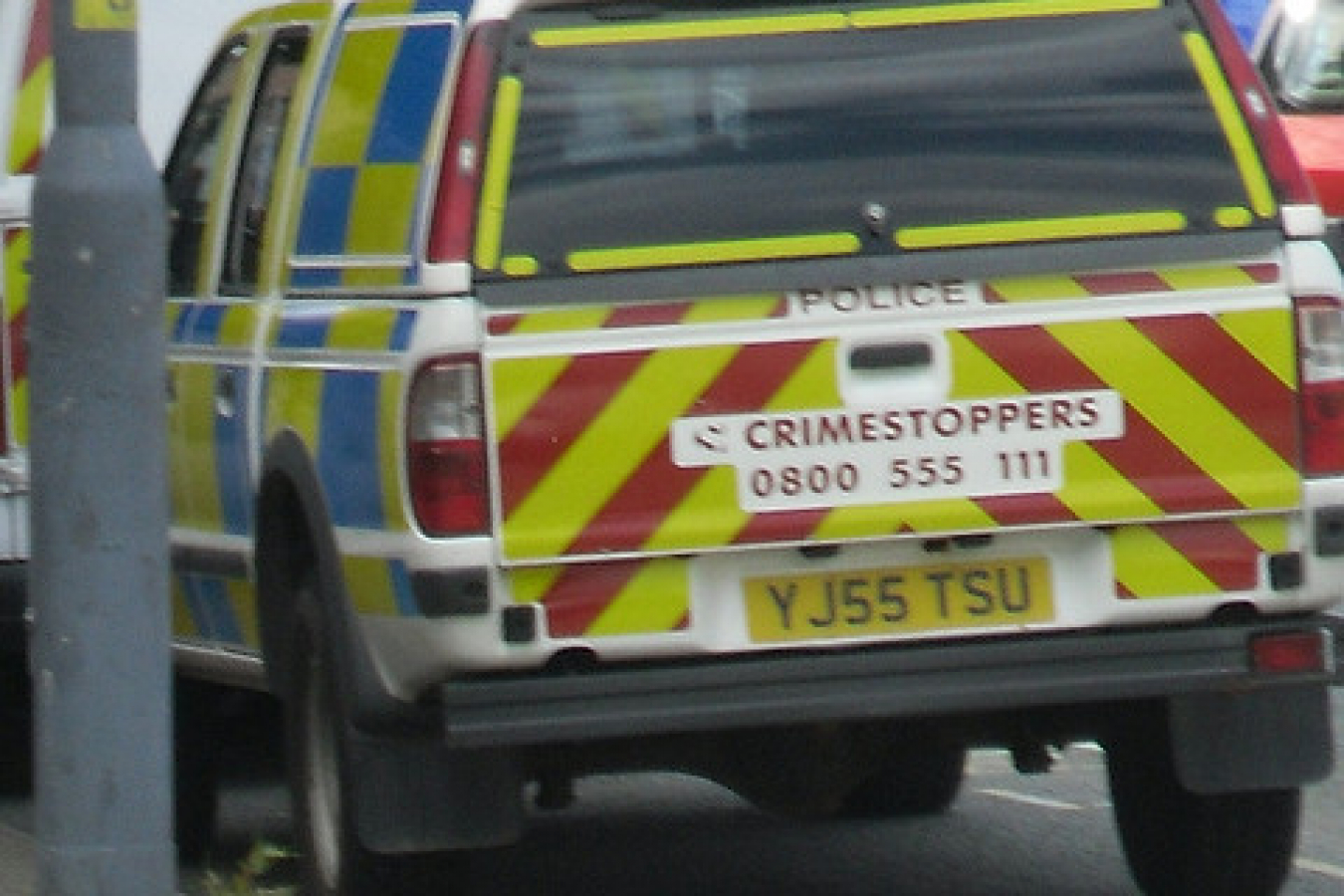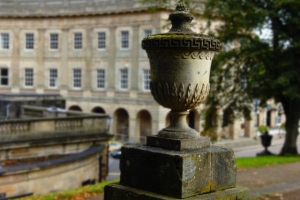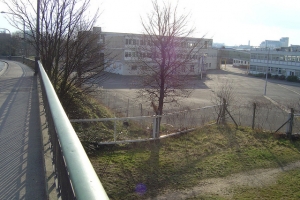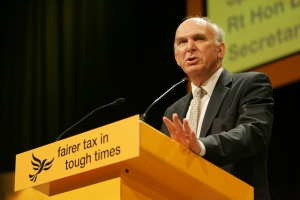Support migrant centric journalism today and donate

Yesterday, the Trades Union Congress, an annual gathering of UK Trades Unions voted to explore the practicalities of a general strike to protest at the ongoing cuts being imposed by the UK's coalition government. If such a strike occurs, public sector workers, including immigration staff will carry out coordinated strikes causing chaos throughout the country, not least at the UK's rail, sea and air ports where UK Border Force staff might walk away from their positions in passport control.
The Times newspaper reported this morning that government ministers have held meetings with senior military officers to explore the possibility of military personnel carrying out the functions of striking workers including fuel tanker drivers, tube and train drivers and immigration staff.
Yesterday, at the TUC, Mark Serwotka, the general secretary of the Public and Commercial Services Union, which represents immigration staff, gave a speech backing a general strike. He called for 'mass co-ordinated strike action across the public and private sector.'
On Monday, the TUC voted in favour of unions taking co-ordinated action against the cuts. Yesterday, there was a further vote to support 'far-reaching campaigns including the consideration and practicalities of a general strike". TUC rules say that union bosses must now explore these options.
Soldiers have been called in to cover for striking workers before. They replaced firefighters during strikes in 1977 and 2002. They were placed on standby to cover for striking petrol tanker drivers in March this year. They were also brought in to provide security at The London Olympic and Paralympic Games after the G4S security company failed to recruit sufficient staff after being awarded the security contract.
However, a former chief of the Defence Staff, Sir Mike Jackson, told The Times yesterday that to use the army to maintain services during a general strike would be a 'very political decision'. A Tory MP, Penny Mordaunt, questioned the Prime Minister about the serious stress that such cover would cause for troops.
The Prime Minister, David Cameron, agreed with Ms Mordaunt and urged workers not to strike 'for their own selfish ends'. There is, as yet, no timetable in place leading towards a general strike. However, neither is there any sign of any compromise that might avert the threat of action. There must, however, be concerns that, in the event of a strike, troops would not be able to perform border passport checks as the UK Border Force says that it takes 9 months to train a frontline passport control officer.
The TUC has organised a mass demonstration against government cuts that is planned for 20th October. There will be a march through central London ending in Hyde Park.
If you would like to apply for a UK visa workpermit.com can help. workpermit.com is a specialist visa consultancy with nearly twenty-five years of experience dealing with visa applications. We can help with a wide range of visa applications to your country of choice. Please feel free to contact us for further details.
The Times newspaper reported this morning that government ministers have held meetings with senior military officers to explore the possibility of military personnel carrying out the functions of striking workers including fuel tanker drivers, tube and train drivers and immigration staff.
Yesterday, at the TUC, Mark Serwotka, the general secretary of the Public and Commercial Services Union, which represents immigration staff, gave a speech backing a general strike. He called for 'mass co-ordinated strike action across the public and private sector.'
On Monday, the TUC voted in favour of unions taking co-ordinated action against the cuts. Yesterday, there was a further vote to support 'far-reaching campaigns including the consideration and practicalities of a general strike". TUC rules say that union bosses must now explore these options.
Soldiers have been called in to cover for striking workers before. They replaced firefighters during strikes in 1977 and 2002. They were placed on standby to cover for striking petrol tanker drivers in March this year. They were also brought in to provide security at The London Olympic and Paralympic Games after the G4S security company failed to recruit sufficient staff after being awarded the security contract.
However, a former chief of the Defence Staff, Sir Mike Jackson, told The Times yesterday that to use the army to maintain services during a general strike would be a 'very political decision'. A Tory MP, Penny Mordaunt, questioned the Prime Minister about the serious stress that such cover would cause for troops.
The Prime Minister, David Cameron, agreed with Ms Mordaunt and urged workers not to strike 'for their own selfish ends'. There is, as yet, no timetable in place leading towards a general strike. However, neither is there any sign of any compromise that might avert the threat of action. There must, however, be concerns that, in the event of a strike, troops would not be able to perform border passport checks as the UK Border Force says that it takes 9 months to train a frontline passport control officer.
The TUC has organised a mass demonstration against government cuts that is planned for 20th October. There will be a march through central London ending in Hyde Park.
If you would like to apply for a UK visa workpermit.com can help. workpermit.com is a specialist visa consultancy with nearly twenty-five years of experience dealing with visa applications. We can help with a wide range of visa applications to your country of choice. Please feel free to contact us for further details.





















